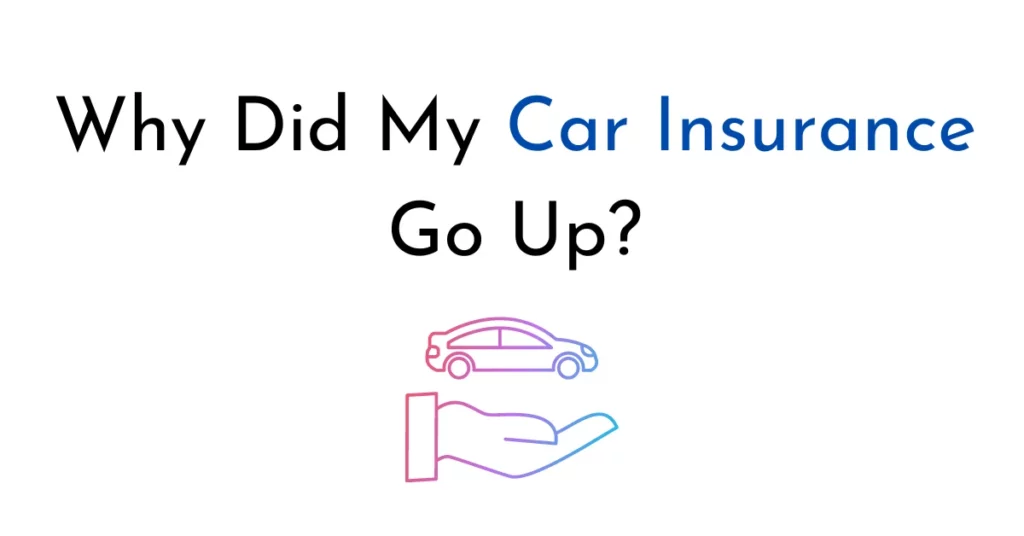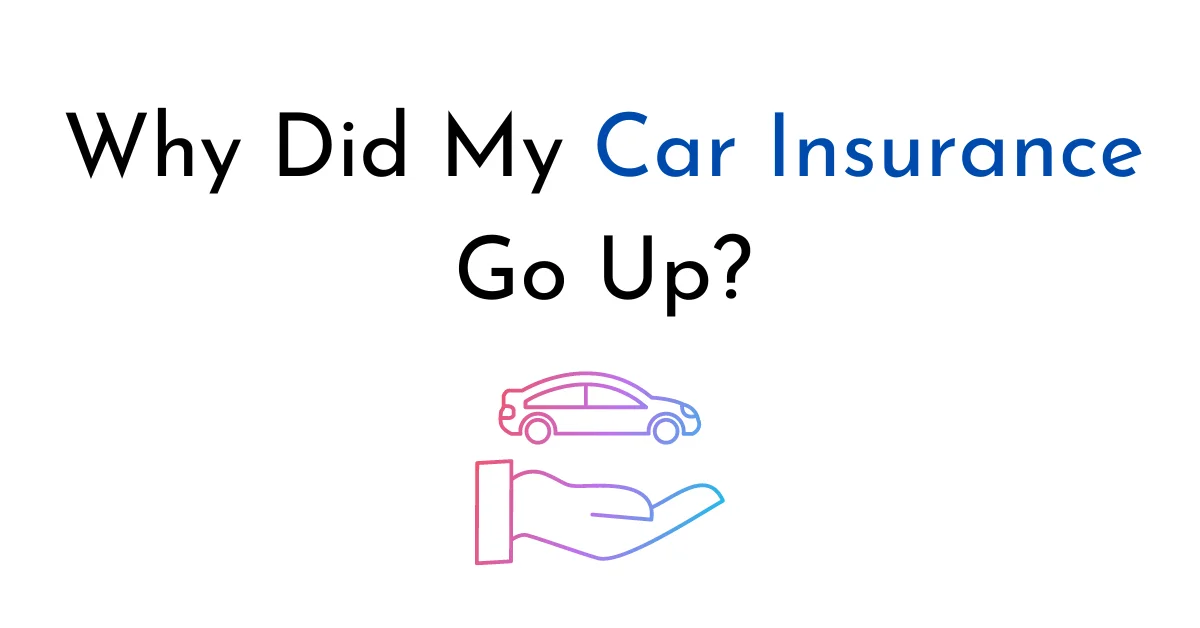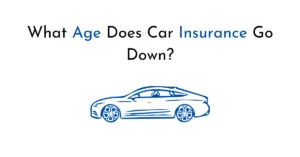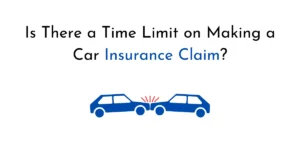If you are a car owner, you might have noticed that your car insurance premiums have gone up, even if you haven’t had any accidents or violations. This can be frustrating, especially if you are on a tight budget.

There are several factors that can cause your car insurance to go up, and understanding them can help you make informed decisions about your coverage.
In this article, we will discuss the reasons why your car insurance may have increased and what you can do about it.
Factors That Affect Car Insurance Premiums
Car insurance premiums are based on a variety of factors, including your driving history, location, vehicle type, and coverage needs.
Here are some of the most common reasons why your car insurance premium may have gone up:
1. Traffic Violations
One of the most common reasons why car insurance premiums go up is because of traffic violations, such as speeding tickets, running red lights, or reckless driving. Insurance companies consider these violations as a sign of risky behavior and may raise your premiums as a result.
2. Accidents
If you have been involved in an accident, regardless of fault, your insurance company will likely raise your premiums. This is because accidents are a clear sign of risk and increase the likelihood that you will file a claim in the future.
3. Changes in Your Coverage Needs
If you have recently made changes to your coverage needs, such as adding collision or comprehensive coverage, your premiums may go up. This is because these types of coverage offer additional protection and come with a higher cost.
4. Location
Your location can also have an impact on your car insurance premiums. If you live in an area with a high crime rate or high traffic volume, your premiums may be higher to compensate for the increased risk.
5. Vehicle Type
The type of vehicle you drive can also affect your car insurance premiums. Generally, sports cars and luxury vehicles are more expensive to insure than standard vehicles due to the higher cost of repairs and replacement parts.
6. Age and Driving Experience
Younger drivers and drivers with less experience are considered higher risk by insurance companies and may face higher premiums as a result.
7. Insurance Company Factors
Finally, your car insurance premiums may be affected by factors outside of your control, such as changes in the insurance market, inflation, or company policy changes.
What You Can Do About It
If your car insurance premiums have gone up, there are several steps you can take to lower them:
1. Shop Around
One of the easiest ways to lower your car insurance premiums is to shop around for a new policy. Different insurance companies have different rates and discounts, so it’s worth taking the time to compare your options.
2. Increase Your Deductible
Another way to lower your car insurance premiums is to increase your deductible, which is the amount you pay out of pocket before your insurance kicks in. Just be sure you have enough money set aside to cover your deductible in case you need to make a claim.
3. Bundle Your Policies
If you have other insurance policies, such as homeowners or renters insurance, you may be able to save money by bundling them with your car insurance. Many insurance companies offer discounts for customers who have multiple policies with them.
4. Consider Usage-Based Insurance
Usage-based insurance programs, such as pay-per-mile or pay-as-you-go policies, can help you save money on your car insurance premiums if you don’t drive very often or drive in a low-risk area.
5. Improve Your Driving Record
If you have a history of traffic violations or accidents, taking steps to improve your driving record can help lower your car insurance premiums over time. This includes taking defensive driving courses, practicing safe driving habits, and avoiding any further violations or accidents.
6. Review Your Coverage Needs
If you recently added coverage to your policy, consider whether you really need it. Dropping unnecessary coverage can help lower your premiums.
7. Maintain Good Credit
Believe it or not, your credit score can also affect your car insurance premiums. Maintaining good credit can help you qualify for lower rates.
Key Takeaway
Car insurance premiums can go up for a variety of reasons, including traffic violations, accidents, changes in coverage needs, location, vehicle type, age, and insurance company factors.
While some of these factors are outside of your control, there are steps you can take to lower your premiums, such as shopping around, increasing your deductible, bundling your policies, considering usage-based insurance, improving your driving record, reviewing your coverage needs, and maintaining good credit.
By understanding these factors and taking action to lower your premiums, you can protect yourself and your vehicle without breaking the bank.



